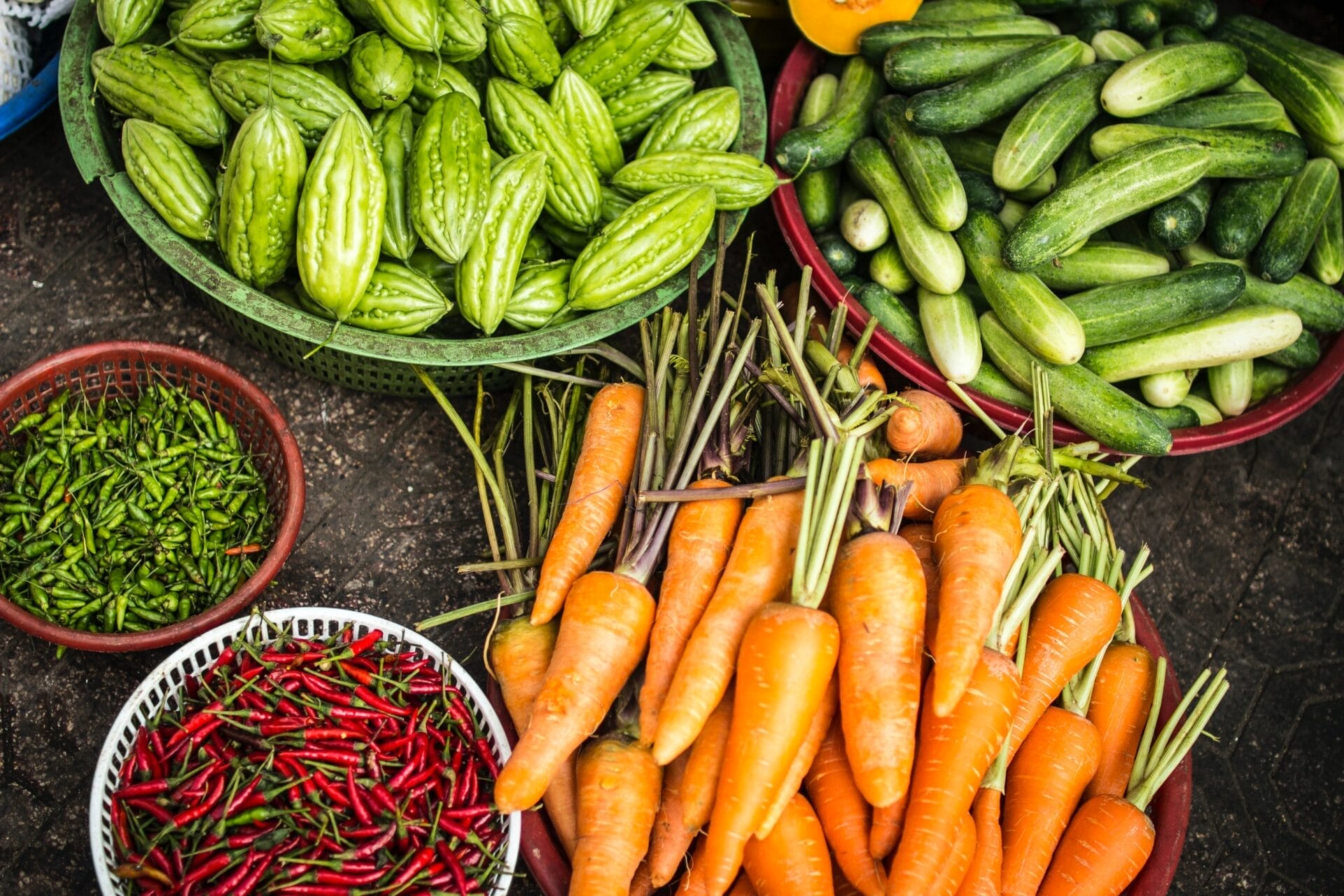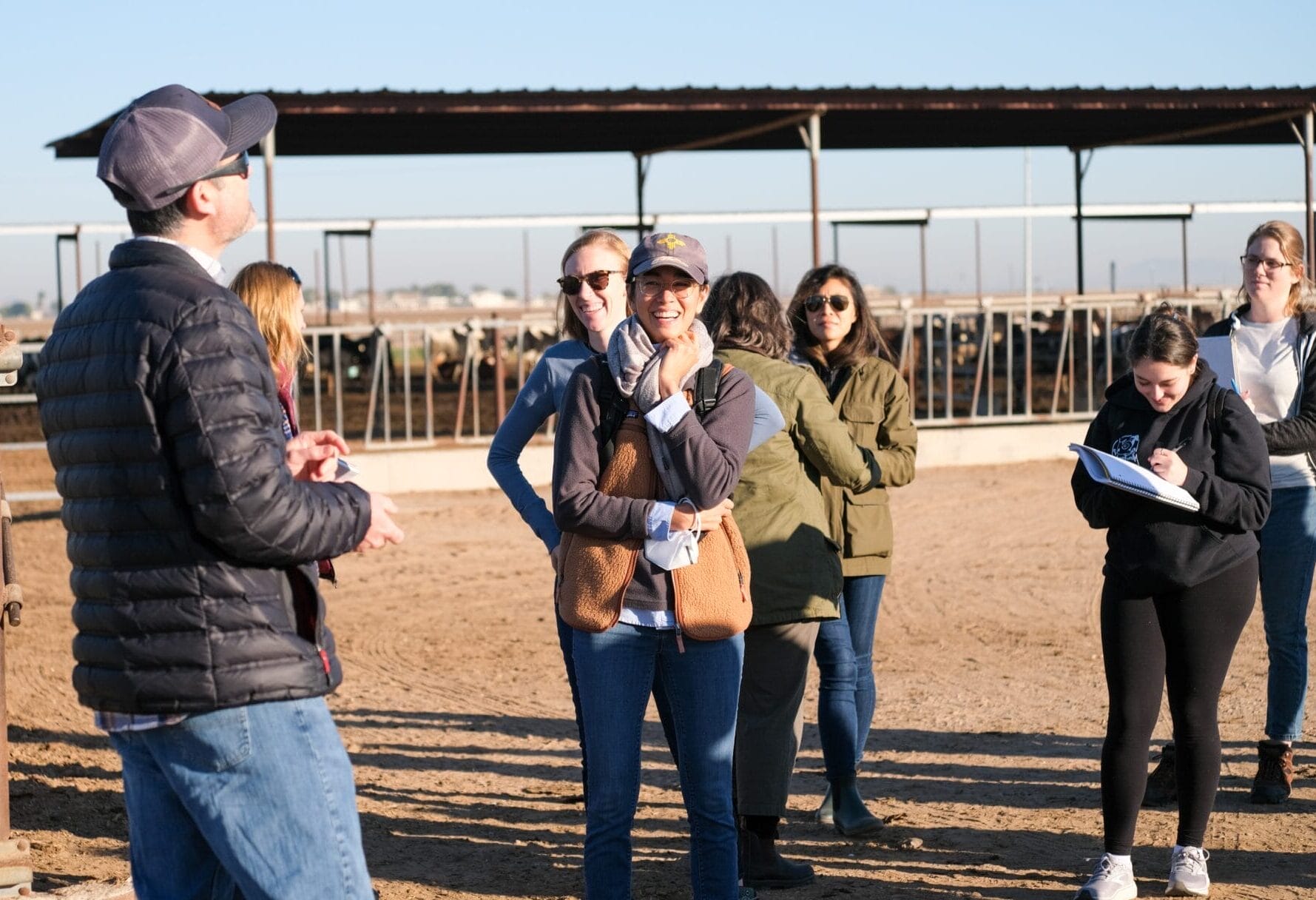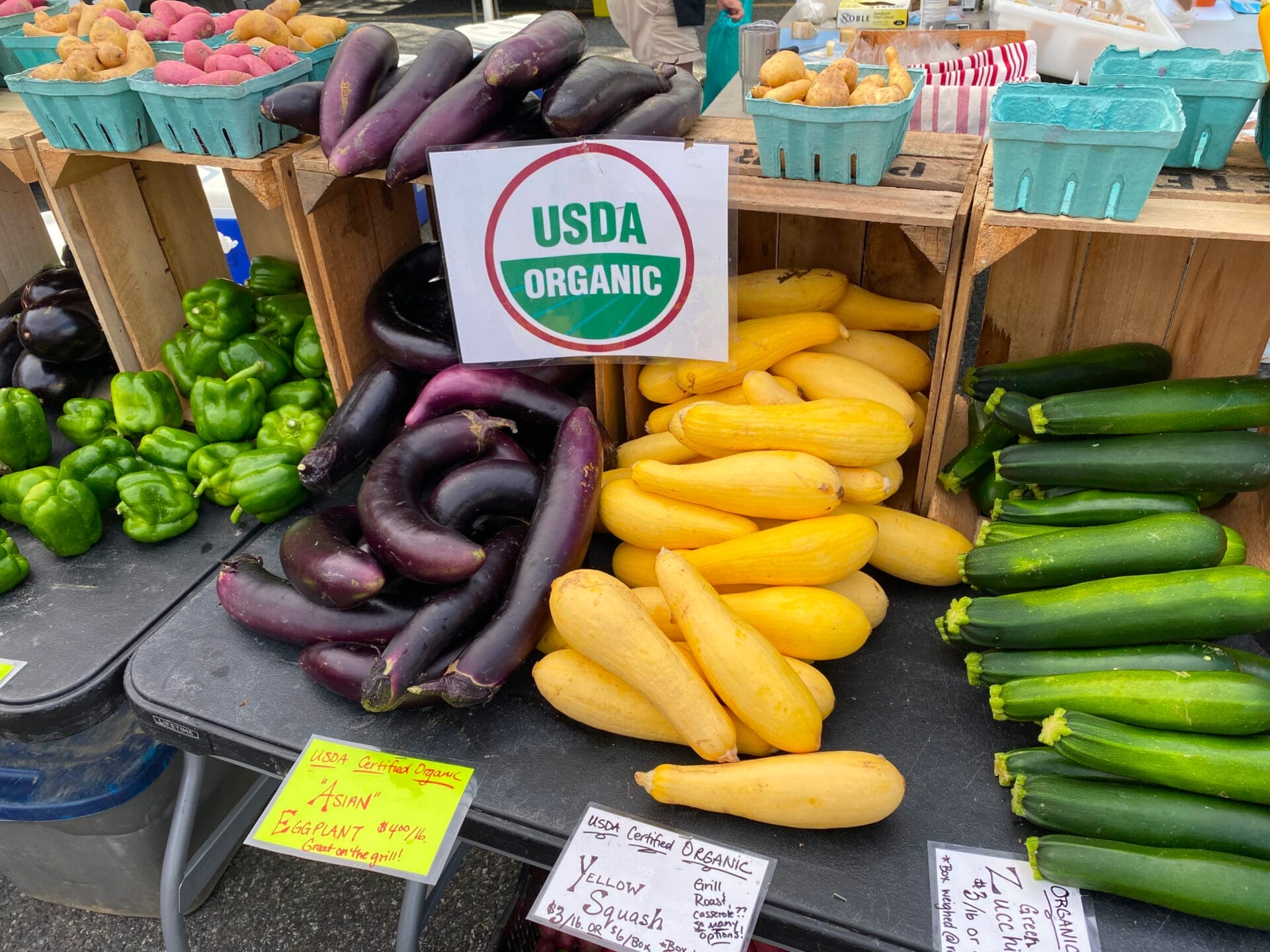
Join us to create the future of food
Together, we drive social progress, economic productivity and ecosystem resilience through food systems transformation

Featured report
Seeds of Success
In a world intricately connected by agriculture, farm-based education and research play an important role at the crossroads of this complex network. Amid declining agricultural literacy rates and a growing interest in the origins of sustainably produced food, farm-based education and research centers emerge as crucial bridges, providing experiential, interdisciplinary learning rooted in local contexts. This report explores what makes these types of institutions successful.
Cultivate
The next generation of leaders
Uplift
Arizona food systems
Advance
Organic research and policy
Enable
True cost accounting of food
Engage
The private sector
Harness
The power of deliciousness
Empower
Indigenous foodways
Featured strategic priority

Organic agriculture and policy
Organic agriculture reduces the greenhouse gas footprint of farming by eliminating most fossil fuel-based inputs, and it builds climate resilience by promoting healthy soils, diversifying food crops, and supporting biodiversity and farmer livelihoods, particularly small and mid-sized operations.